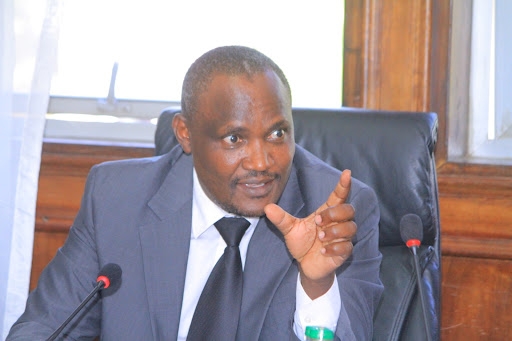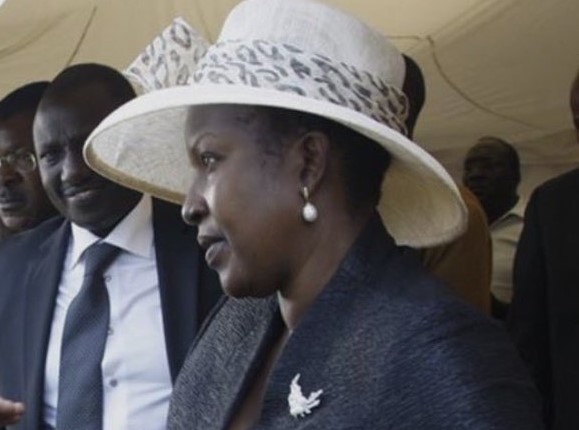About 35 in every 100 women in Kilifi county were using modern contraceptive methods by 2021, a survey has shown.
This is a nine per cent increase in modern contraceptive use between 2014 and 2021.
The Performance Monitoring for Action survey showed that in 2014 about 26 in every 100 women were using modern contraceptive methods.
Michael Waithaka, a senior data analyst at PMA, said 895 female respondents were targeted and that about 98 per cent of them responded to the interviews.
“Seventy nine per cent of the respondents were from rural areas while 21 per cent were from urban areas. They are of the childbearing age group of between 15 to 49 years," said a report.
"Fifteen per cent had no educational background while 53 per cent had attended primary education. About 27 per cent had attained secondary or vocational education while five per cent had attended university or college.”
During the survey, it was discovered that 44 per cent of the respondents preferred implants as their method of choice for family planning.
Those who preferred injectable accounted for 39 per cent. Only seven per cent used pills.
Other methods used were sterilisation (two per cent), male condoms (two per cent), Intrauterine Device (two per cent) and emergency pills (two per cent).
The survey has also shown a significant increase in men allowing their partners to go for family planning.
“There was a steady increase in partner involvement in family planning decisions among current users. Ninety three in 100 users reported that their partner knew that they are using the method," Waithaka said.
"Eighty three in 100 reported that they had discussed the decision to delay or avoid pregnancy with their partner while 49 in 100 reported that the decision to use family planning was made jointly with the partner. Eight in 10 non-users reported that not using FP (Family Planning) was mainly their decision.”
Kilifi County Maternal Neonatal Adolescent Sexual Reproductive Health co-ordinator Kenneth Miriti said most women used to leave their family planning cards in health facilities so that their partners do not become aware they are using family planning.
“I worked in Rabai and women could not take the cards home. We used to note the dates for the next visit on the edges of their lessos. They feared their partners would get angry if they discovered they were on family planning,” he said
He said 20, 706 women between the age of 15 to 49 years received family planning between 2021 and 2022 in Kilifi.
He, however, said the number of adolescents between the ages of 10 and 19 years who got pregnant increased.
The number increased by 14.2 per cent from 14.1.
The report also said that three in every 10 adolescents have ever had sex, six in every 10 adolescents were equally willing to have first sex and seven in every 10 used a method to prevent pregnancy.
(edited by Amol Awuor)











